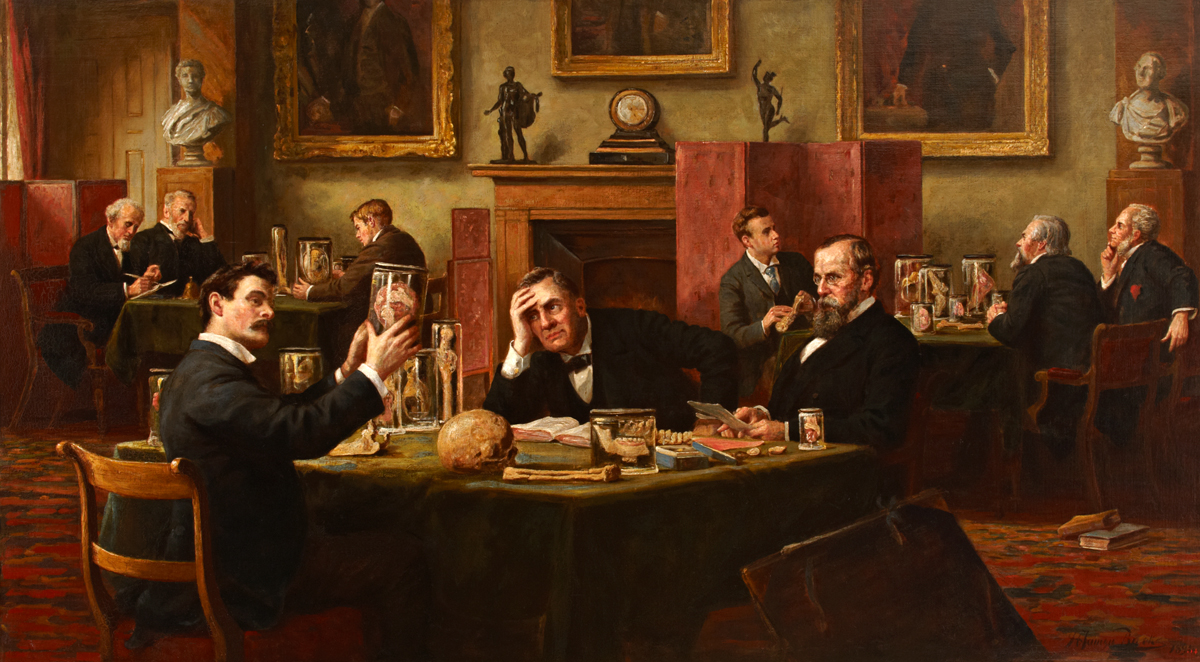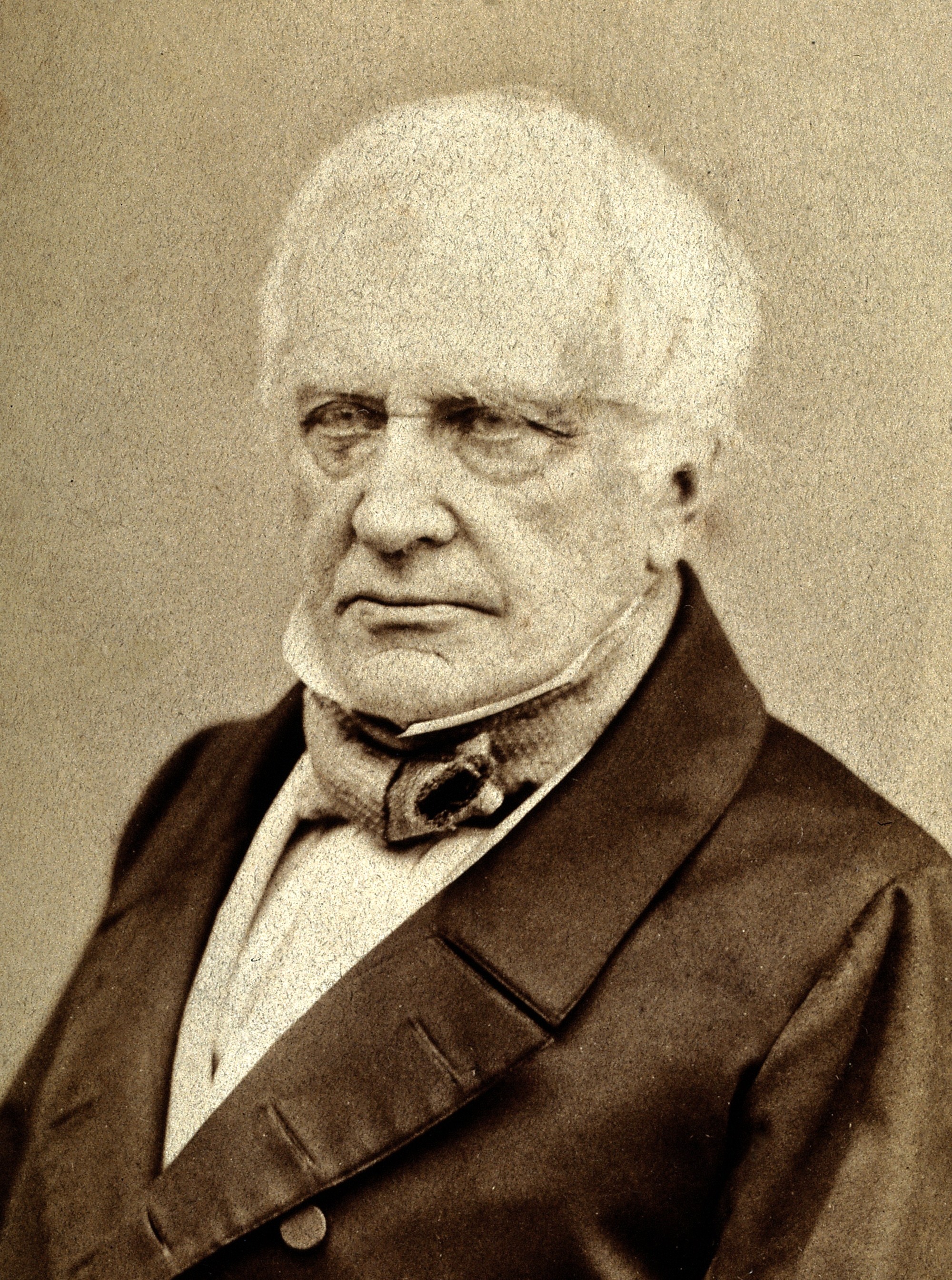|
John Scott (physician, Died 1846)
John Scott (1798 – 11 April 1846) was an English surgeon. Biography Scott was only son of James Scott, a general practitioner of medicine, living at Bromley in Kent. His father acquired a large practice, and was particularly successful in the treatment of chronic ulcers and of diseased joints. John Scott was educated first at a private school in Sevenoaks, and afterwards at the Charterhouse. He was then apprenticed to Sir William Blizard, the senior surgeon to the London Hospital in Whitechapel. He was admitted a licentiate of the Society of Apothecaries on 29 April 1819, and a member of the Royal College of Surgeons of England The Royal College of Surgeons of England (RCS England) is an independent professional body and registered charity that promotes and advances standards of surgery, surgical care for patients, and regulates surgery and dentistry in England and Wa ... on 2 June 1820. He practised with his father at Bromley for a short time, but after marrying he came ... [...More Info...] [...Related Items...] OR: [Wikipedia] [Google] [Baidu] |
William Blizard
Sir William Blizard FRS FRSE PRCS FSA (1 March 1743 – 27 August 1835) was an English surgeon. Life He was born in Barn Elms, Surrey, the fourth child of auctioneer William Blizard. After an apprenticeship to a surgeon and apothecary in Mortlake he went to study at the London Hospital where he was a pupil of Sir Percivall Pott and John Hunter. In 1780 he was appointed surgeon, and in 1785 founded with Dr McLaurin the medical school there, largely at his own expense. He also held public medical consultations at Batson's Coffee House in Cornhill. He was surgeon to the Duke and Duchess of Gloucester. He was elected a fellow of the Royal Society in 1787. He worked for twenty years as a lecturer on surgery and anatomy at the Royal College of Surgeons and was their president twice (1814 and 1822) and Hunterian Orator three times (1813, 1823, and 1828). He also delivered the Croonian lecture there in 1809. In 1810 he delivered the Arris and Gale Lecture. He was against chil ... [...More Info...] [...Related Items...] OR: [Wikipedia] [Google] [Baidu] |
London Hospital In Whitechapel
The Royal London Hospital is a large teaching hospital in Whitechapel in the London Borough of Tower Hamlets. It is part of Barts Health NHS Trust. It provides district general hospital services for the City of London and Tower Hamlets and specialist tertiary care services for patients from across London and elsewhere. The current hospital building has 1248 beds and 34 wards. It opened in February 2012. The hospital was founded in September 1740 and was originally named the London Infirmary. The name changed to the London Hospital in 1748, and in 1990 to the Royal London Hospital. The first patients were treated at a house in Featherstone Street, Moorfields. In May 1741, the hospital moved to Prescot Street, and remained there until 1757 when it moved to its current location on the south side of Whitechapel Road, Whitechapel, in the London Borough of Tower Hamlets. The hospital's roof-top helipad is the London's Air Ambulance operating base. History Origins By the middle of ... [...More Info...] [...Related Items...] OR: [Wikipedia] [Google] [Baidu] |
Society Of Apothecaries
The Worshipful Society of Apothecaries of London is one of the livery companies of the City of London. It is one of the largest livery companies (with over 1,600 members in 2012) and ranks 58th in their order of precedence. The society is a member of the London Museums of Health & Medicine and its guild church is the Church of St Andrew-by-the-Wardrobe. The Society's modern roles include educational, charitable and social activities, in addition to supporting the City of London, its governance and the Lord Mayor of the City of London. History Prior to the foundation of the Society in 1617, London apothecaries were in the Grocers' Company (founded 1345, and whose trade was described in 1365 as the "Mistery of Grossers, Pepperers and Apothecaries"). In the 14th and 15th centuries, the Grocers, Pepperers, Spicers and Apothecaries were the trades constituting the Fraternity of St Anthony. Before that, apothecaries had been Spicer-Apothecaries or Spicers since the 12th century. ... [...More Info...] [...Related Items...] OR: [Wikipedia] [Google] [Baidu] |
Royal College Of Surgeons Of England
The Royal College of Surgeons of England (RCS England) is an independent professional body and registered charity that promotes and advances standards of surgery, surgical care for patients, and regulates surgery and dentistry in England and Wales. The college is located at Lincoln's Inn Fields in London. It publishes multiple medical journals including the ''Annals of the Royal College of Surgeons of England'', the ''Faculty Dental Journal'', and the ''Bulletin of the Royal College of Surgeons of England''. History The origins of the college date to the fourteenth century with the foundation of the "Guild of Surgeons Within the City of London". Certain sources date this as occurring in 1368. There was an ongoing dispute between the surgeons and barber surgeons until an agreement was signed between them in 1493, giving the fellowship of surgeons the power of incorporation. This union was formalised further in 1540 by Henry VIII of England, Henry VIII between the Worshipful Compa ... [...More Info...] [...Related Items...] OR: [Wikipedia] [Google] [Baidu] |
Sir William Lawrence, 1st Baronet
Sir William Lawrence, 1st Baronet (16 July 1783 – 5 July 1867) was an English surgeon who became President of the Royal College of Surgeons of London and Serjeant Surgeon to the Queen. In his mid-thirties, he published two books of his lectures which contained pre-Darwinian ideas on man's nature and, effectively, on evolution. He was forced to withdraw the second (1819) book after fierce criticism; the Lord Chancellor ruled it blasphemous. Lawrence's transition to respectability occurred gradually, and his surgical career was highly successful. In 1822, Lawrence was elected a member of the American Philosophical Society in Philadelphia. He was President of the Medical and Chirurgical Society of London in 1831. Lawrence had a long and successful career as a surgeon. He reached the top of his profession, and just before his death in 1867 the Queen rewarded him with a baronetcy (see Lawrence baronets). Early life and education Lawrence was born in Cirencester, Gloucester ... [...More Info...] [...Related Items...] OR: [Wikipedia] [Google] [Baidu] |
Thomas Baynton
Thomas Baynton (5 October 1761 – 31 August 1820) was an English medical writer and surgeon.J. A. NixonThomas Baynton, 1761–1820 '' Proc R Soc Med.'' 1915; 8(Sect Hist Med): 95–102. Career Baynton was from Bristol, where he served his apprenticeship with Mr. Smith, a physician of considerable eminence. He afterwards acquired a large practice of his own, and obtained a high reputation by discoveries in the curative part of his profession, especially in the treatment of ulcers and wounds. He published ''Descriptive Account of a New Method of treating Ulcers of the Leg'' (1797, dedicated to Anthony Fothergill), and ''An Account of a Successful Method of treating Diseases of the Spine'' (1813, dedicated to Edward Jenner). Personal life Thomas Baynton married Ann Swayne (1762–1846) on 22 May 1784. They had seven children:England & Wales censuses 1841–1911 * Thomas Baynton (1792 – June 1874) married Jane Dorothy Williams (1814–1890), they had one child: ** Agnes Eliz ... [...More Info...] [...Related Items...] OR: [Wikipedia] [Google] [Baidu] |
1798 Births
Events January–June * January – Eli Whitney contracts with the U.S. federal government for 10,000 muskets, which he produces with interchangeable parts. * January 4 – Constantine Hangerli enters Bucharest, as Prince of Wallachia. * January 22 – A coup d'état is staged in the Netherlands (Batavian Republic). Unitarian Democrat Pieter Vreede ends the power of the parliament (with a conservative-moderate majority). * February 10 – The Pope is taken captive, and the Papacy is removed from power, by French General Louis-Alexandre Berthier. * February 15 – U.S. Representative Roger Griswold (Fed-CT) beats Congressman Matthew Lyon (Dem-Rep-VT) with a cane after the House declines to censure Lyon earlier spitting in Griswold's face; the House declines to discipline either man.''Harper's Encyclopaedia of United States History from 458 A. D. to 1909'', ed. by Benson John Lossing and, Woodrow Wilson (Harper & Brothers, 1910) p171 * March &ndash ... [...More Info...] [...Related Items...] OR: [Wikipedia] [Google] [Baidu] |
1846 Deaths
Events January–March * January 5 – The United States House of Representatives votes to stop sharing the Oregon Country with the United Kingdom of Great Britain and Ireland, United Kingdom. * January 13 – The Milan–Venice railway's bridge, over the Venetian Lagoon between Mestre and Venice in Italy, opens, the world's longest since 1151. * January 23 – Ahmad I ibn Mustafa, Bey of Tunis, declares the legal abolition of slavery in Tunisia. * February 4 – Led by Brigham Young, many Mormons in the U.S. begin their migration west from Nauvoo, Illinois, to the Great Salt Lake in what becomes Utah. * February 10 – First Anglo-Sikh war: Battle of Sobraon – British forces in India defeat the Sikhs. * February 18 – The Galician Peasant Uprising of 1846 begins in Austria. * February 19 – Texas annexation: United States president James K. Polk's annexation of the Republic of Texas is finalized by Texas president Anson Jones in a formal ceremony of transfer of sover ... [...More Info...] [...Related Items...] OR: [Wikipedia] [Google] [Baidu] |
19th-century English Medical Doctors
The 19th century began on 1 January 1801 (represented by the Roman numerals MDCCCI), and ended on 31 December 1900 (MCM). It was the 9th century of the 2nd millennium. It was characterized by vast social upheaval. Slavery was abolished in much of Europe and the Americas. The First Industrial Revolution, though it began in the late 18th century, expanded beyond its British homeland for the first time during the 19th century, particularly remaking the economies and societies of the Low Countries, France, the Rhineland, Northern Italy, and the Northeastern United States. A few decades later, the Second Industrial Revolution led to ever more massive urbanization and much higher levels of productivity, profit, and prosperity, a pattern that continued into the 20th century. The Catholic Church, in response to the growing influence and power of modernism, secularism and materialism, formed the First Vatican Council in the late 19th century to deal with such problems and confirm ce ... [...More Info...] [...Related Items...] OR: [Wikipedia] [Google] [Baidu] |
English Surgeons
English usually refers to: * English language * English people English may also refer to: Culture, language and peoples * ''English'', an adjective for something of, from, or related to England * ''English'', an Amish term for non-Amish, regardless of ethnicity * English studies, the study of English language and literature Media * ''English'' (2013 film), a Malayalam-language film * ''English'' (novel), a Chinese book by Wang Gang ** ''English'' (2018 film), a Chinese adaptation * ''The English'' (TV series), a 2022 Western-genre miniseries * ''English'' (play), a 2022 play by Sanaz Toossi People and fictional characters * English (surname), a list of people and fictional characters * English Fisher (1928–2011), American boxing coach * English Gardner (born 1992), American track and field sprinter * English McConnell (1882–1928), Irish footballer * Aiden English, a ring name of Matthew Rehwoldt (born 1987), American former professional wrestler ... [...More Info...] [...Related Items...] OR: [Wikipedia] [Google] [Baidu] |






